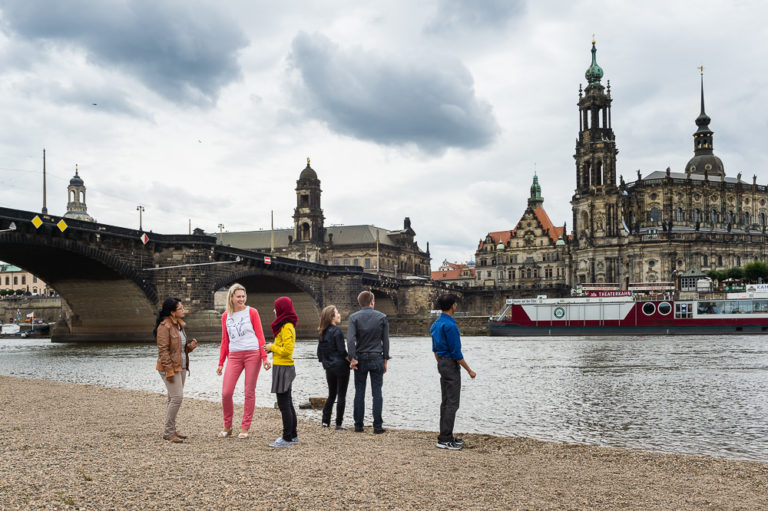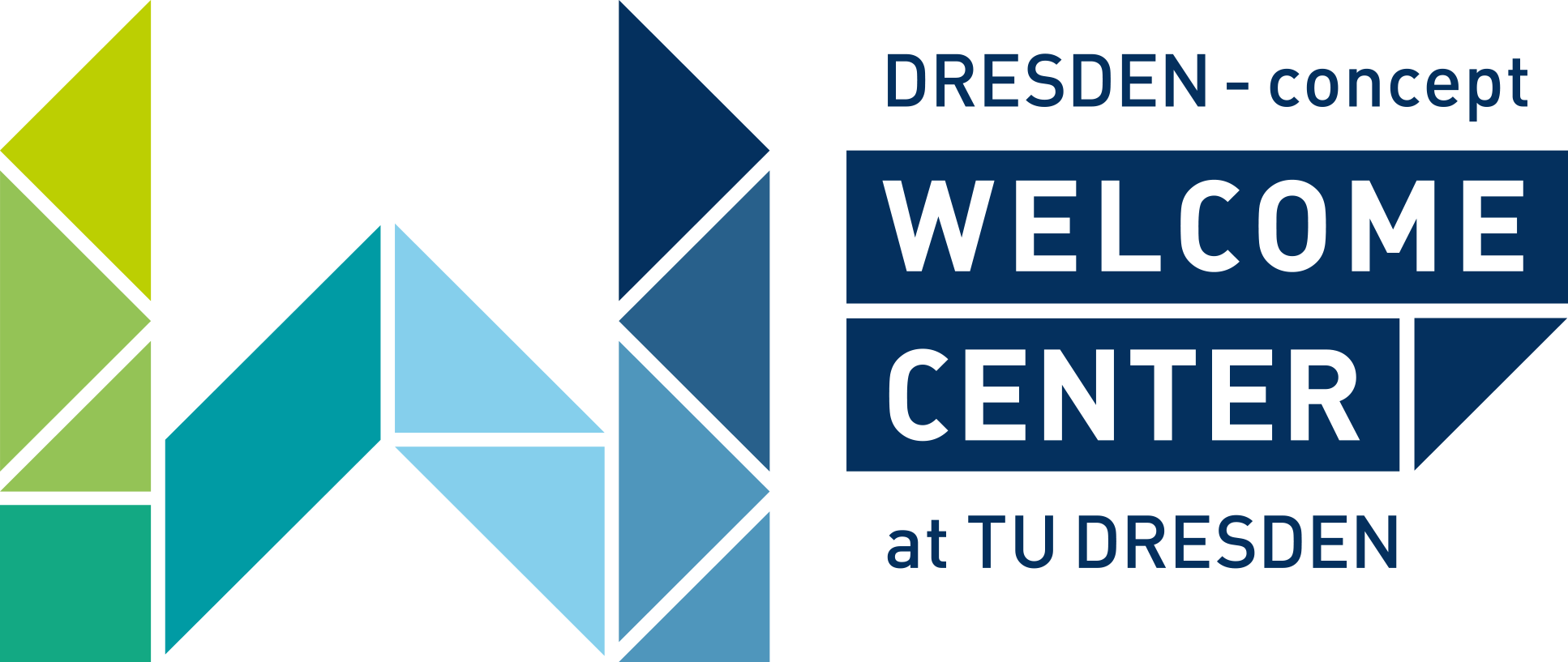Tickets can be bought on board the trams and buses (yellow vending machines), at most central bus and tram stops (yellow vending machines), and at the service points (e.g. Postplatz, Pirnaischer Platz, Prager Straße, Albertplatz). Riding without a valid ticket will result in a fine.
If you travel a lot by bus and train, you can benefit from the Deutschlandticket. The Deutschlandticket is sold as a monthly subscription for 49 euros per month. The ticket is valid for one calendar month and is automatically renewed. Payment is made by SEPA direct debit from your bank account or by credit card.
If you enroll at the university, you will receive the Deutschlandticket with your student card. The cost of the ticket is included in the semester fee.
-
JobTicket for TU Dresden employees
Employees of TU Dresden are eligible for reduced fares in cooperation with DVB. Please find more information on the TU Dresden website (login necessary).

